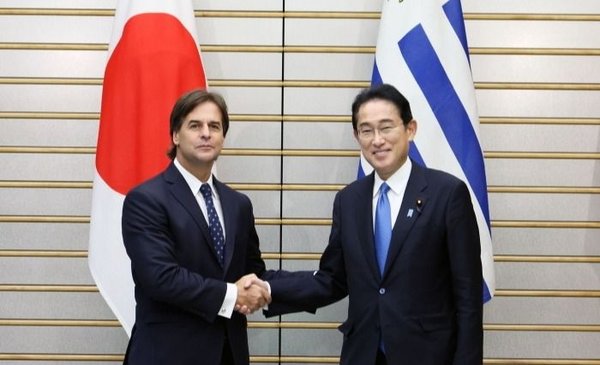Annually Uruguay produces about 3,200 tons of beef tongues, 70% of this production is exported and the rest is sold on the domestic market. Each year these exports represent US$ 9 million, so the entry into the Japanese market was seen as very good news by the authorities. The news was shared by the Minister of Livestock, Agriculture and Fisheries, Fernando Mattos, and the Foreign Minister, Francisco Bustillo, after the visit of a Uruguayan delegation to Japan.
The world’s largest buyer
Japan is the main importer of bovine tongues worldwide and, according to a report published by INAC, “the most attractive buyer in terms of prices”, because that country “pays values that more than double those of other relevant exporters”. While the Japanese market registers values of US$8,500 per ton, Hong Kong pays US$2,400 per ton and Russia, US$3,500.
In 2021, Japan broke a record of US$ 340 million imported. That country imports approximately 40 thousand tons per yearand its main suppliers are the United States, Australia and New Zealand.
In terms of tariffs, “by default”, according to the report, bovine languages have a tariff of 12.8%, although the United States pays 5.1% tariffs for a bilateral Free Trade Agreement, the same as that paid by Australia and New Zealand, this for being members of the Comprehensive and Progressive Treaty of Trans-Pacific Partnership (Cptpp).
Although Uruguay obtained the sanitary authorization to export this product, it does not have tariff preferences to do so.
Until 2018, the main export destination for Uruguayan bovine tongues was China, a market that represented 60% of Uruguayan shipments of this product. As of 2019, updates to the sanitary protocol of that country prevented the product from continuing to enter that market, which had an impact, in part, on the fall in the average export price of the Uruguayan language, which fell 25% that year. Later, Russia positioned itself as the most relevant market, representing 80% of Uruguayan exports of beef tongue.


















